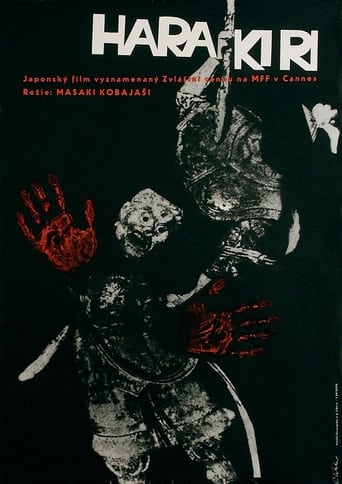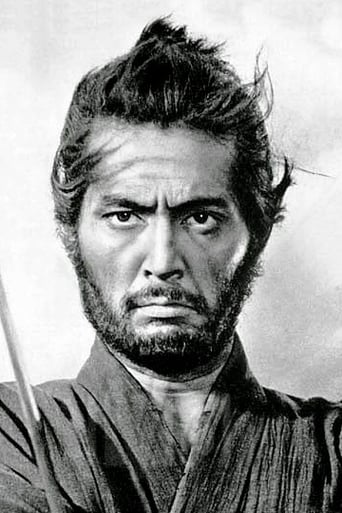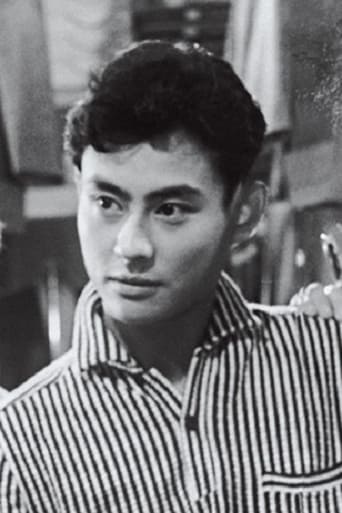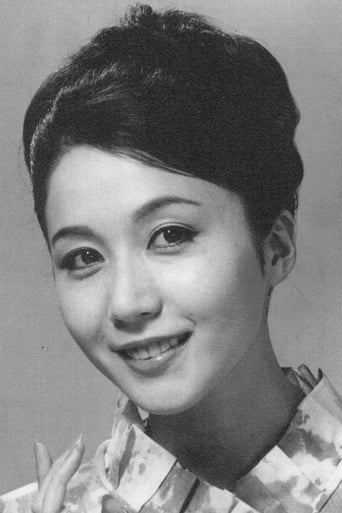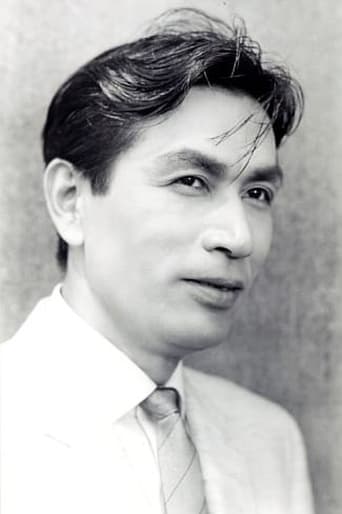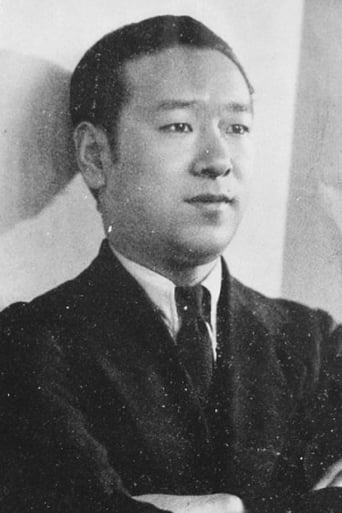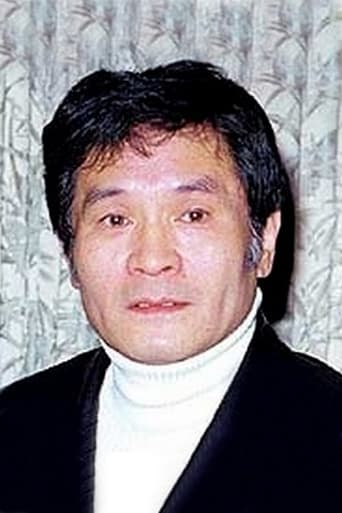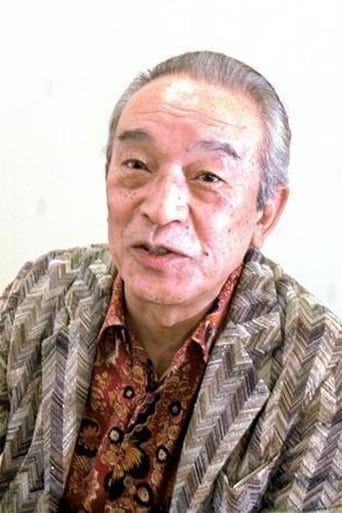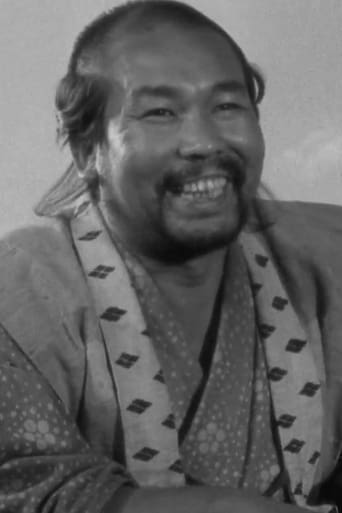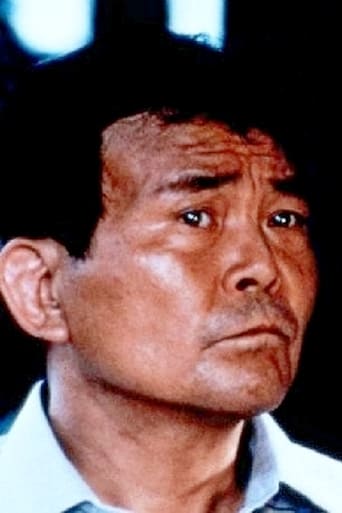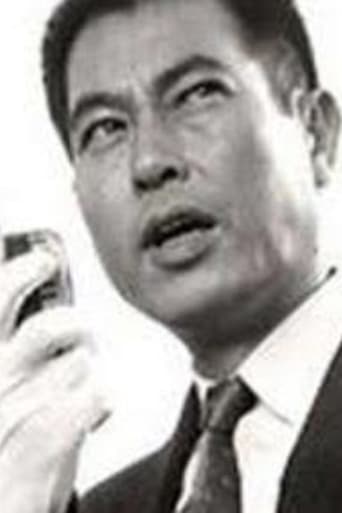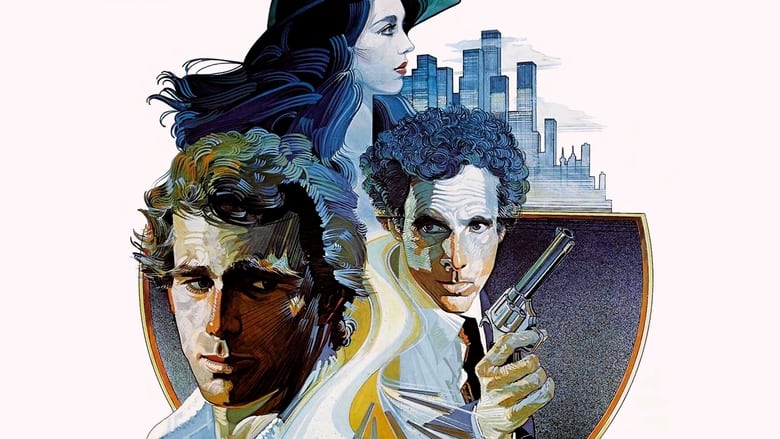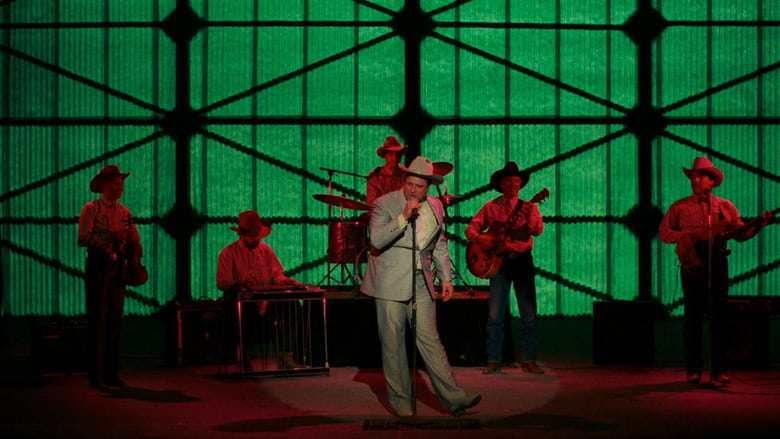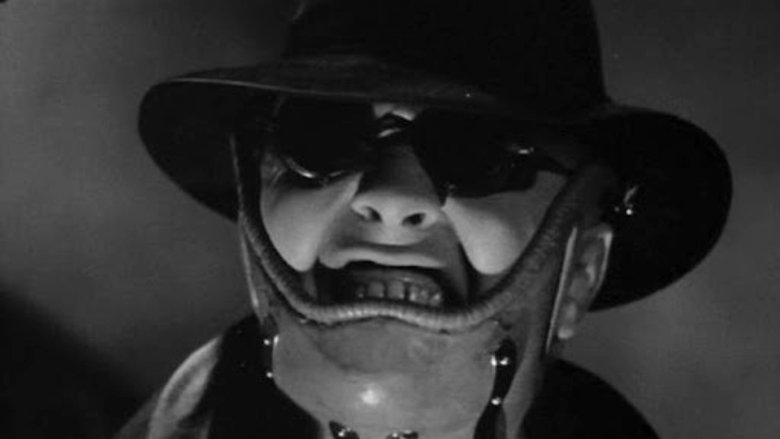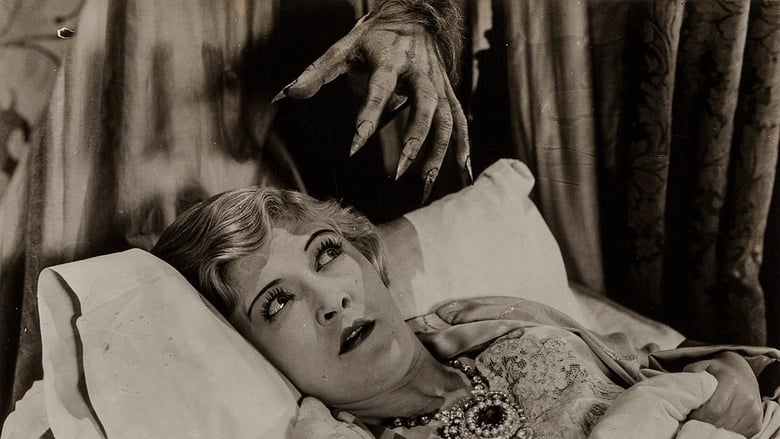Down-on-his-luck veteran Tsugumo Hanshirō enters the courtyard of the prosperous House of Iyi. Unemployed, and with no family, he hopes to find a place to commit seppuku—and a worthy second to deliver the coup de grâce in his suicide ritual. The senior counselor for the Iyi clan questions the ronin’s resolve and integrity, suspecting Hanshirō of seeking charity rather than an honorable end. What follows is a pair of interlocking stories which lay bare the difference between honor and respect, and promises to examine the legendary foundations of the Samurai code.


Similar titles
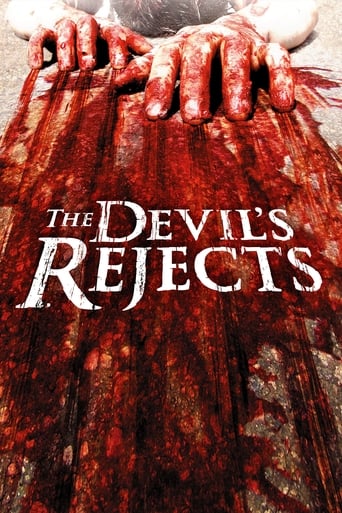
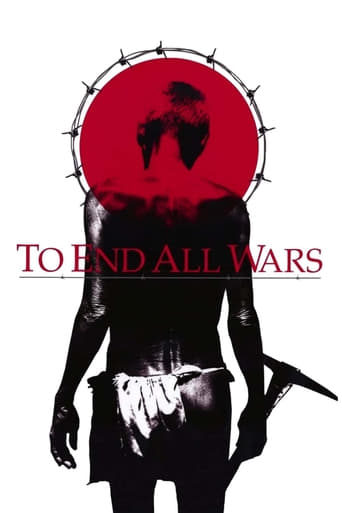



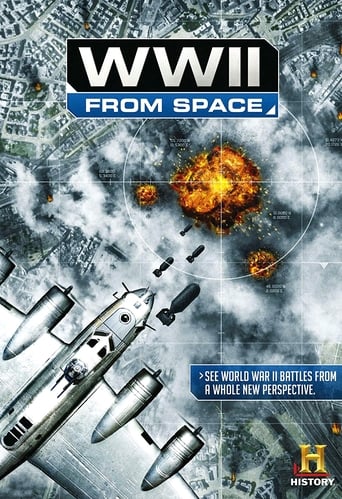
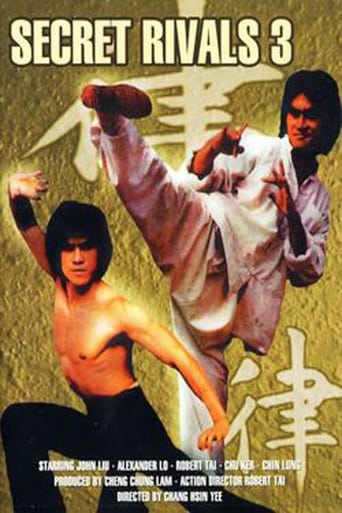
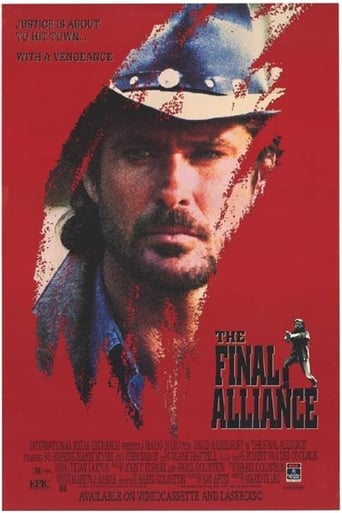
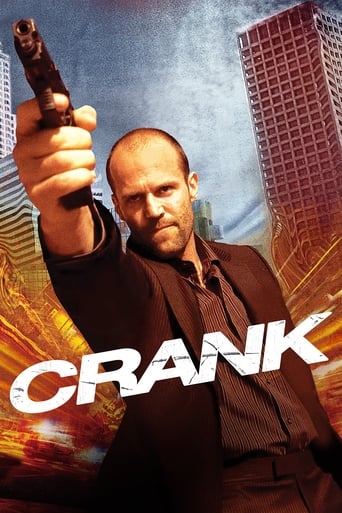
Reviews
Film Review: "Harakiri" (1962)Running within competition at Cannes Film Festival in its 16th edition of year 1963, losing the "Palme d'Or" against a superior "Il Gattopardo" directed by Luchino Visconti (1906-1976), director Masaki Kobayashi (1916-1996) nevertheless receives eternal cinematic splendors due to perfectly-received samurai sword fighting confrontations in an open range, where every thrush breathes the ultimate hostility of one razor-sharp strike to the death.Based on a rarely known Japanese novel by author Yasuhiko Takiguchi (1924-2004), director Kobayashi indulges on black-and-white cinematographic splendors for slight moments too long in a 130-Minute-Editorial, which neverthless tends to amaze by its precision in visual compositions, when leading actor Tatsuya Nakadai elegantly restraints overacted beats to let "Harakiri" evolve to an hypnotic motion picture gem for the next generation to discover.Copyright 2018 Cinemajesty Entertainments LLC
The first shot of Harakiri is an imposing suit of samurai armour, seated on a bench amongst cinematic coils of smoke in the air. I say seating, because despite its hollowness, it's posture is imposingly life-like, almost as if at the call of war it would come to life and march off to battle. This must be how the Ii clan see this glorious suit of armour; even in peacetime it is more than just a tool for means of driving back enemies, but a symbol for honour, strength, loyalty and absolute morality. Of course as they prosper, the peacetime has released many ronin, now master-less and without a trade or living, into the wild wandering. This is really a film for a repeat watch. On first impression, Motome's pleas seem a little self-fulfilling, because why would a samurai committed to seppuku want a two day respite if they have renounced everything and are ready to die? His actual act of seppuku too, is extremely hard to watch - Kobayashi doesn't need to show actually graphic penetration because Ishihama's agony is so anguishing to witness. And yet, there is a hint of comeuppance, because it seems phony that a samurai would carry around a fake, bamboo version of his livelihood. On a second watch, these scenes are filled with such a tragic desperation once we know the back-story. The blunt, ironic cruelty of the bamboo strikes becomes heartbreaking because he has already sold his real blades for his family - what is a samurai without his blade? We know without a doubt he would return in two days this time. Doubly so, Hanshiro weeps because he has kept his own blade, foolishly holding onto a past relic much like the witnesses around him do so. Kobayashi has maintained such a steady, tense rhythm throughout the two hours and 13 minutes. Not once is there a line of misplaced dialogue, or a glance that was not filled with the appropriate amount of venom. We see one 'extortion' attempt, and then another from Hanshiro, so of course we await some sort of twist or connection. There is no sense of contrivance when he delays the act, no sense of artificial direction behind these characters. Tatsuya Nakadai is effortless. He has the knack for transforming so seamlessly into his character and becoming every ounce of them - here it is in his blank, almost traumatised expression as he narrates; it could not be more immediately obvious that this is a man who has lost everything. And then there is the little remaining spark underneath that drives this tale of revenge (his cackles as he bemusedly wonders on the fate of three men he has already taken care of), although it seems more vital to expose the Ii clan for the facade that they uphold. The framing device of the narration of the guest book is what seals it. It simultaneously empowers and suppresses the events of the film; even as we witness the despair of Saito, having his pretense so viciously and comprehensively demolished, he quickly rewrites the history books because he has that power (there's a cruel irony to the way he orders the forced seppuku of the three disgraced warriors - the noble ritual being marred). That stirring, dramatic duel in the windswept plains, gone. That desperate, climatic battle, where we might conventionally expect a one-man massacre and a little poetic justice, gone. And even as he attempts to go out on his own terms, Hanshiro is shot by a modernised death-dealer. It recalls Kurosawa's Yojimbo, in which it was actually Nakadai who wielded the gun and brought forth the end of the age of samurai. But here, it becomes a more potent, universally symbolic end. This cruel world does not bend to sentiment. Appearances must be upheld, even sometimes in the face of moral transgression. Hanshiro smashes the suit of armour, but it is gleaming and whole again soon. But it is of course a hollow ideal. All the honour in the world could not materialise a decent man to fill its shoes.
Samurai films, like westerns, need not be familiar genre stories. They can expand to contain stories of ethical challenges and human tragedy. 'Harakiri', a shining example of the kind, is about one samurai who takes his time to create an unanswerable dilemma for the elder of a powerful clan. By playing strictly within the rules of Bushido Code which governs the conduct of all samurai, he lures the powerful leader into a situation where sheer naked logic leaves him humiliated before his retainers.The story is set in a time when feudal Japan is at peace, and starving out-of-work samurai beg to perform ritual suicide or 'hara-kiri' at the mansions of powerful clans - a request they hope will lead to a charitable pittance or a menial job. One such lone ronin arrives at the temple of Lord Iyi and asks to use the courtyard to perform honorable ritual self-disembowelment, hara-kiri or seppuku. That seems like the beginning and the end of this movie, all in one: a checkmate. But director Masaki Kobayashi instead constructs a masterful chess game, filled with many carefully constructed moves, each arranged to fit in a particular place - it's glorious to behold!Thus, it would be foolish to give away too much. But the ronin Hanshiro Tsugumo (Tatsuya Nakadai) has chosen this particular temple for a very grievous personal reason. His hara-kiri is postponed when, kneeling on the white-sheeted death platform, he requests one after another, three separate house retainers serve as seconds to cut off his head. All three so indisposed as to be unable to attend, the ronin then begs a moment of time to tell his story. Like a brilliant player, he leaves out crucial details until the most opportune moments.The movie openly depicts vanity and corruption among the samurai class, showing that the Lord is more concerned with his reputation than with actual samurai honor. The film has a steady, hypnotic momentum; Kobayashi, wrings as much drama out of facial twitches as he does out of sword fights which are all elegantly composed and photographed to reflect the values it contains. He's helped immensely by Nakadai's molten central performance and the spare, disquieting music. Using superb architectural compositions, Mr. Kobayashi achieves a sort of visual mesmerization that is suitable to the curious nightmare mood.In the end, "Harakiri" goes well beyond the usual genre trappings to beautifully underline its recurring theme - that fanatic adherence to codes of honor, by granting them a value greater than life itself, sets up a situation where humanitarian values are forbidden.
One of the best movies ever made ,''Harkiri'', tells the sad story of a man who wants to commit Harakiri to take revenge from the samurais that made his son-in-law also commit Harakiri.The movie is not actually about sword-fightings but it's about the meaning of life,family and pride. Although a long movie, ''Harakiri'', keeps you in interest because of the good climax of the story and the flashbacks. Kobayashi proves us that he is a ''Cinema- Master'' and makes us sink deep in the story.Tatsuya Nakadai gives an Oscar- worthy performance playing the main character of the film. Also the film has a great cinematography and music by Toru Takemitsu. It's a wonderful masterpiece that will make you appreciate Japanese cinema !
